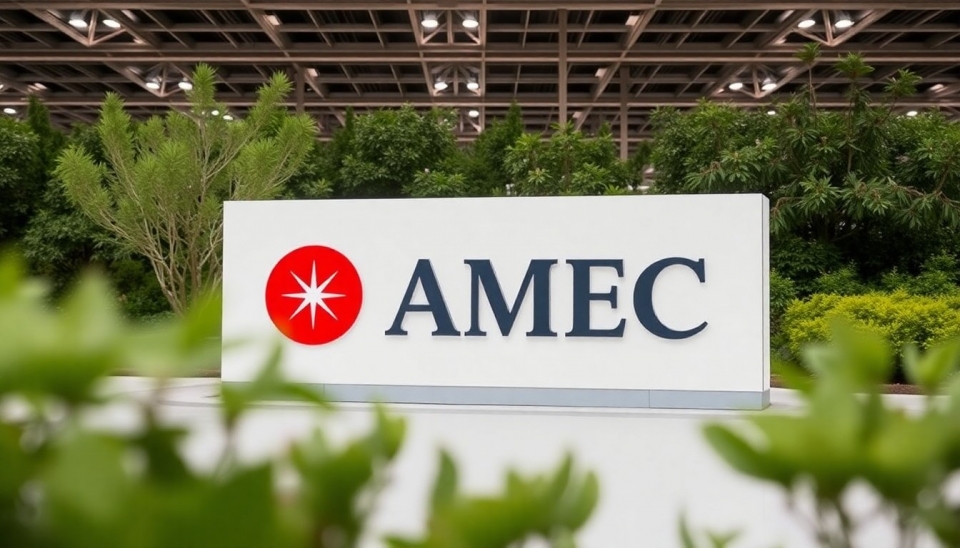
In a significant development on the geopolitical front, the Pentagon has officially removed the state-owned enterprise, China’s advanced microelectronics enterprise (AMEC), from its prohibition list. This move comes after the company took legal action against the U.S. government, claiming that it was unfairly targeted and blacklisted due to politicized decisions.
The report, which first surfaced in late December 2024, indicates that this decision arises amid ongoing tensions between the U.S. and China, largely revolving around trade and technology competition. The removal from the blacklist is seen as a strategic win for AMEC, given its pivotal role in supplying critical components for various sectors, including telecommunications and national defense.
AMEC’s legal challenge, filed earlier this year, contended that the blacklist lacked sufficient evidence to justify its inclusion and argued that the actions taken against it were impacting its international business ventures, hampering its growth and innovation in the highly competitive semiconductor market.
This development could signal a broader shift in the U.S. policy towards Chinese firms, especially those involved in technology and defense. Several industry analysts believe that the Pentagon's decision to delist AMEC may open up opportunities for renegotiation of relations between American and Chinese firms. Such a pivot could also influence the global semiconductor supply chain, which has been under significant strain due to political tensions and supply disruptions over the past few years.
The Pentagon's updated stance may also foster a more cooperative environment that encourages dialogue and partnership in technological advancements, a critical factor in national security and economic growth. With upcoming international tech summits on the horizon, this change might pave the way for proposed initiatives focusing on joint research and development in key areas.
As the dust settles, the implications of this decision are yet to be fully realized, but it certainly marks a notable chapter in the U.S.-China technological narrative. Observers and stakeholders in the global market will be closely monitoring further developments as both governments navigate this contentious landscape.
With ongoing pressures in the semiconductor industry, characterized by supply shortages and increasing demand, AMEC’s removal from the blacklist comes as a beacon of hope for many who depend on the stability and reliability of the global tech supply chain.
The outcome of this legal battle and its aftermath will likely rip through various sectors, and its repercussions could resonate far beyond the borders of both nations, altering the dynamics of international trade and cooperation in technology.
As this situation continues to evolve, industry players, policymakers, and global watchers keenly await further announcements that may shape the future of technology alliances.
#AMEC #Pentagon #ChinaUSRelations #Technology #Semiconductors #GlobalTrade #LegalAction #NationalSecurity
Author: John Miller



